
 call us : +8613866722531
call us : +8613866722531
 send a message : pweiping@techemi.com
send a message : pweiping@techemi.com
 call us : +8613866722531
call us : +8613866722531
 send a message : pweiping@techemi.com
send a message : pweiping@techemi.com
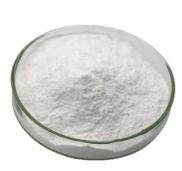
Name: Sodium bicarbonate CAS No.: 144-55-8 Appearance: White powder or opaque monoclinic system fine crystals Molecular formula: CHNaO3 Molecular Weight: 84.01 Melting point:>300 °C(lit.) PACKAGE:25KG/BAG
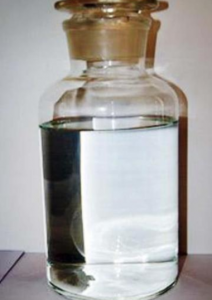
Name: Dichroromethylvinylsilane CAS number: 124-70-9 Molecular formula: C3H6Cl2Si Molecular weight: 141.07 EINECS number: 204-710-3 Mol file: 124-70-9.mol
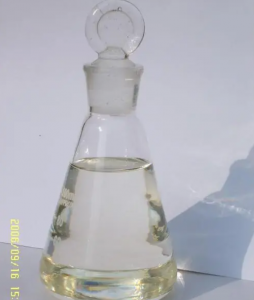
Name: Vinyltrimethylsilane CAS number: 754-05-2 Molecular formula: C5H12Si Molecular weight: 100.23 EINECS number: 212-042-9 Mol file: 754-05-2.mol
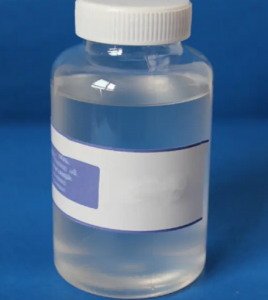
Name: Ethoxydimethylvinylsilane CAS number: 5356-83-2 Molecular formula: C6H14OSi Molecular weight: 130.26 EINECS number: 226-341-7 Mol file: 5356-83-2.mol
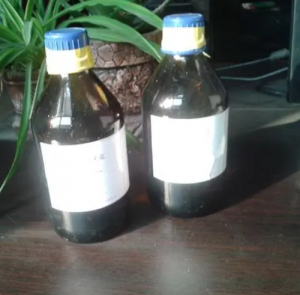
Name: CHLORODIMETHYLPINYLSILANE CAS number: 1719-58-0 Molecular formula: C4H9ClSi Molecular weight: 120.65 EINECS number: 217-007-1 Mol file: 1719-58-0.mol
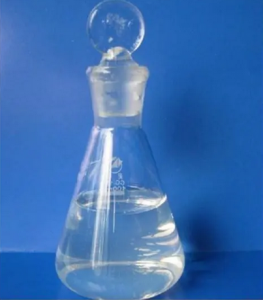
Name: 1,1,3,3-TETRAMETHYL-1,3-DIVINYLDISILAZANE CAS number: 7691-02-3 Molecular formula: C8H19NSi2 Molecular weight: 185.41 EINECS number: 231-701-1 Mol file: 7691-02-3.mol
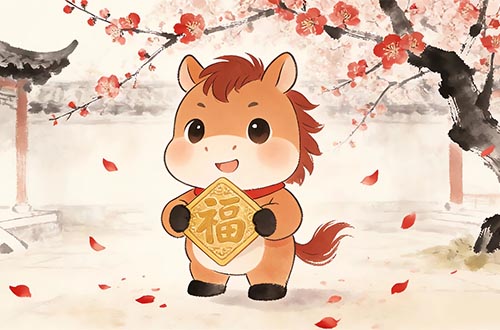
Dear Customer, We would like to take this opportunity to thank you for your kind support all this while. Please kindly be advised that our company will beclosed from Feb 14~ Feb 23 , in observance of ...
Glyphosate is effective in killing a wide variety of plants, including grasses and broadleaf and woody plants. By volume, it is one of the most widely used herbicides.In 2007, glyphosate was the most used herbicide in the United States agricultural sector, with 180 to 185 million pounds (82,000 to 84,000 tonnes) applied, the second-most used in home and garden with 5 to 8 million pounds (2,300 to 3,600 tonnes) and government applied 13 to 15 million pounds (5,900 to 6,800 tonnes) in industry and commerce.It is commonly used for agriculture, horticulture, viticulture, and silviculture purposes, as well as garden maintenance (including home use). It has a relatively small effect on some clover species and morning glory.
Glyphosate and related herbicides are often used in invasive species eradication and habitat restoration, especially to enhance native plant establishment in prairie ecosystems. The controlled application is usually combined with a selective herbicide and traditional methods of weed eradication such as mulching to achieve an optimal effect.
In many cities, glyphosate is sprayed along the sidewalks and streets, as well as crevices in between pavement where weeds often grow. However, up to 24% of glyphosate applied to hard surfaces can be run off by water.Glyphosate contamination of surface water is attributed to urban and agricultural use. Glyphosate is used to clear railroad tracks and get rid of unwanted aquatic vegetation. Since 1994, glyphosate has been used in aerial spraying in Colombia in coca eradication programs; Colombia announced in May 2015 that by October, it would cease using glyphosate in these programs due to concerns about human toxicity of the chemical.
In addition to its use as an herbicide, glyphosate is also used for crop desiccation (siccation) to increase harvest yield,and as a result of desiccation, to increase sucrose concentration in sugarcane before harvest. The application of glyphosate just before harvest on grains (like wheat, barley, and oats) kills the food crop so that it dries more quickly and evenly, similar to the use of dessicants.This dry crop does not have to be windrowed (swathed and dried) prior to harvest but can easily be straight cut and harvested. This saves the farmer time and money, which is important in northern regions where the growing season is short.Excess residue levels in beans resulting from incorrect application can render the crop unfit for sale.
In 2003 Monsanto patented the use of glyphosate as an antiparasitic, and in 2017 they marketed a Roundup formulation without glyphosate, as a lawn herbicide.
 online service
online service +8613866722531
+8613866722531 pweiping@techemi.com
pweiping@techemi.com pweiping
pweiping +8613866722531
+8613866722531